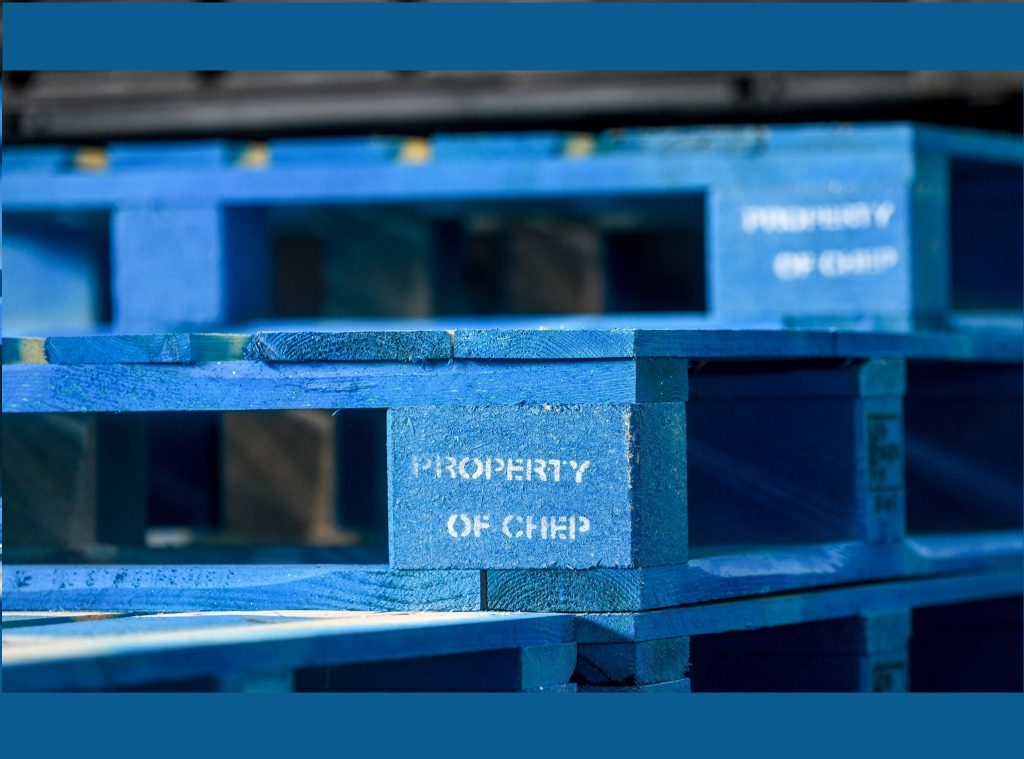CHEP, one of the world’s largest supply chain businesses based on a circular economy, is operating a ‘share and reuse’ concept for the pooling of its 345 million pallets, crates, and containers.
Leasing pooled pallets is a sustainable and cost-effective alternative to purchasing one-way white wood pallets, which have steadily increased in cost, commonly exhibit quality issues, and often end up in landfills as waste.
Pallet pooling companies like CHEP have been recognised by different international organizations for their contribution to reducing waste and CO2 emissions, as they are considered a key example of the circular economy at a global scale.
Reusable pallets are durable and of consistent quality and strength, minimizing the chance of customers’ product damage.
The sheer scale of CHEP’s network means that some of its assets inevitably move out of the eco system of the company’s customers, ending up where they should not be, such as with pallet dealers, plastic re-grinders and on non-customer premises.
In an ever-changing environment like todays, where pallet availability is key to keep the supply chain moving, non-returned or destroyed pallets can have a very negative impact on the whole supply chain and ultimately on the end consumer.
CHEP manages the entire administrative procedure, retrieval, and quality assurance of the pallets in a closed-loop system. CHEP equipment or its pallets are owned by CHEP. CHEP never sells its equipment, and all customers acknowledge CHEP’s full ownership rights.
CHEP never transfers ownership of its pallets either. No one can acquire, sell, recycle, or destroy CHEP pallets. All customers are required to return pallets back to CHEP.
CHEP’s trademark blue pallets, which are the same colour all over the world where they operate, are legally owned by CHEP, and never sold to any third party. CHEP’s business model requires that this equipment is returned to the company so that it can be checked, refurbished, and then reused by other customers. Non-returning of CHEP pallets is therefore a legal infringement that can lead to legal action to recover those pallets.
Feras Abual Hamayel, Manager of Asset Management for CHEP Middle East and North Africa said, “As pioneers of the circular economy, we are proud to be one of the most sustainable businesses globally and are passionate about protecting our pallets, and other assets, so that they can fulfil our customers’ needs. Unreturned CHEP pallets not only have a negative impact on the environment, but they also add costs to producers, retailers and ultimately the end consumers.”
CHEP’s pallets are easy to spot thanks to their distinctive blue colour and the fact that their name, trademark, and legal title messages are printed on each pallet as well.
Moreover, the collection of CHEP pallets is easy to arrange and is free. CHEP takes care of it and has made this service easy to access via a public contact page for anyone who wants to request a pallet pick-up.




